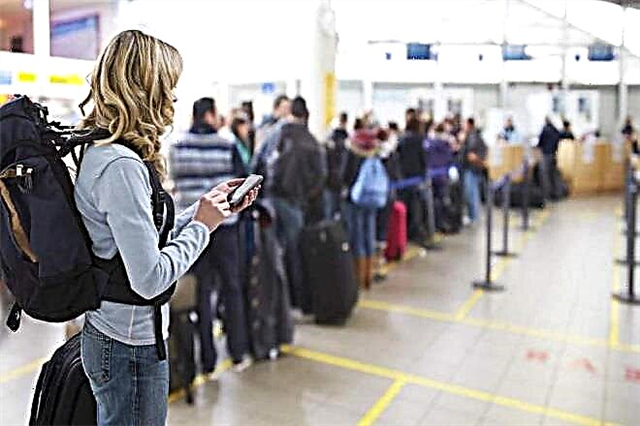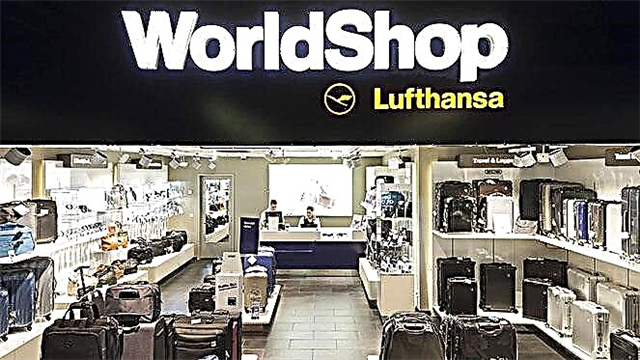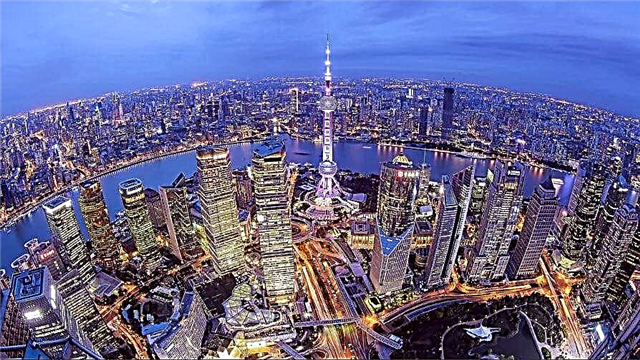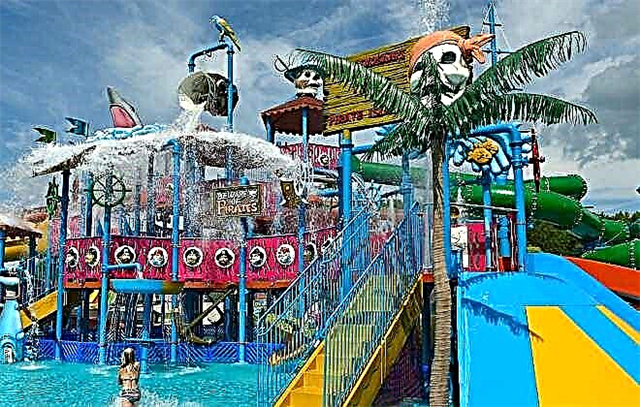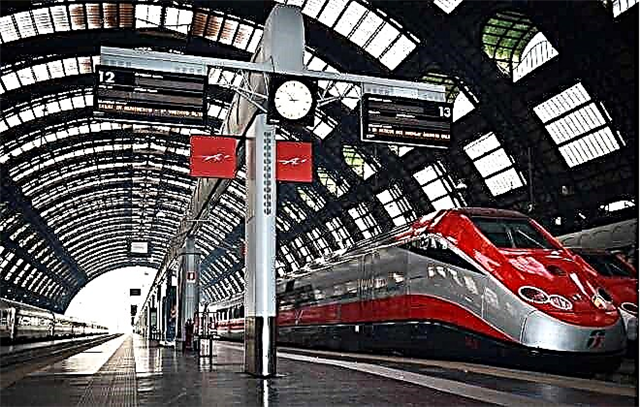The Promised Land is a traditional center of tourism. Despite the constant state of war and economic crises, millions of people come here. Transport in Israel is extremely well developed, although the state is small both in terms of population and size of the territory. The system imperceptibly and methodically literally swallows endless human streams of pilgrims to the main shrines of the three major world religions, tourists who have come to get in touch with the biblical history, on vacation, treatment or to visit relatives.

Israeli taxi
Taxis are not as popular as in other countries due to their high cost. Especially at night and on Saturdays.
However, a taxi in Israel (in Hebrew ─ “monitor”) is a comfortable, safe and modern mode of transport with a fleet of practically new cars. The average age of the cars is 4 years.
The activities of taxi companies are controlled by the state. Licensing is required here, meters are installed in every car.
The car can be caught with a wave of the hand, ordered by phone or online. There is a 25% extra charge for service at night, on Shabbat and holidays.
Before the trip, the client is given the choice of payment by meter or a fixed price list. The transfer can be ordered remotely. Better to pay in local currency. Nobody leaves a tip, but rounding up the amount is in the order of things. The client can always receive a check. In Eilat and Nahariya, the tax is fixed regardless of the distance of the trip.
Route taxi ("monitor sherut") is designed to unload the main bus lines. It works from 6-7 a.m. every day. Sometimes even on Saturdays. The fare is 10% lower than the bus fare.
There is no strict timetable, and the minibus leaves only after the passenger compartment is full. But the speed of movement is higher.
Car rental in israel
Car rental in Israel allows you to save personal time and get comfort. The service is not as cheap here as in some other countries. On average, prices range from 175 to 900 ils per day, excluding fuel costs, which are very high here, parking and fines that can never be completely ruled out. It is also important to comply with the contractual conditions, the penalties for violations of which are very significant. Better to rent a bike.
The largest and most respected car rental company is Eldan, whose website (https://rent.eldan.co.il/ru) is available in Russian and allows you to choose a car of any class, type of insurance and pay via the Internet. International driving license for Russians is not required during the year of stay in the country.
Buying a car
It takes a lot of work before buying a car in Israel. The cost of new cars in the country is almost twice the price set by the manufacturer. It's all about very high taxes. This is the local law.
So no one has any thoughts of buying a car in Israel and bringing it to Russia. Local citizens are looking for an opportunity to receive tax benefits, and so they are saved.
The process of searching for an option is no different from the traditional one. Cars are available in car dealerships, markets, they are found through advertisements on the Internet. But the purchase here looks much easier and, surprisingly, is made out in the mail.
Transport system
Israel is a modern and highly developed state, so almost all types of public transport are represented here:
- buses;
- trains and electric trains;
- trams;
- subway;
- sea vessels;
- aviation.
The most developed is public transport in Tel Aviv.
Bus service
Bus routes connect even the smallest settlements, and in large cities they are considered the main carriers. The regions of the country are divided by several large cooperatives that monopolize services. One route is rarely served by two different carriers.

The most significant are:
- Egged (www.egged.co.il) is one of the largest in the world and owns most of the local intercity market.
- Dan (www.dan.co.il) is the second largest bus provider in Tel Aviv.
There are several smaller enterprises, including Connex, Metropolin (intercity transportation, www.metropoline.com), Superbus (center of the country, www.superbus.co.il), Native Express (north -western part, www.nateevexpress.com) and Kavim (northeast, www.kavim-t.co.il) are one of the fastest growing companies. These are, in principle, all the bus companies in Israel.
Bus traffic stops on Friday afternoon, and starts again only on Saturday evening, everywhere except Haifa and Eilat. Transport workers of these cities are allowed to depart from the requirements of Shabbat.
The schedule is available on the web portals of the respective companies. The parks are young, in perfect technical condition, well equipped. Air conditioning and Wi-Fi are available on most cars.
The fare on Israel's buses on intercity lines is determined by the distance, and on urban routes - by the Ministry of Transport. All carriers are legally required to provide retirement and disabled discounts. Military personnel do not need tickets as they are transported free of charge.
You can buy a ticket from the driver or at the bus station. A one-time ticket in the city costs 7 shekels, and outside the city - from 10 or more.
High-speed buses have recently been launched in Israel, which are called "metronit" here. This is an "accordion" of two carriages with four doors, in appearance more like a small train moving along a specially designated lane of road.
This vehicle received a hybrid power plant and is capable of accommodating up to 270 passengers. Therefore, the fare is almost half that of a simple bus.
The metronite is still available only in Haifa. Three routes operate daily and even at night. Tickets are sold at bus stops; purchase from the driver is not provided. Tickets are read on the platform upon boarding. By the way, there is also a board with the arrival time. The nuances can be found at www.dannorth.co.il.
Railway connection
Israeli rail transport is developing dynamically and is characterized by increased comfort. Branches connect all densely populated areas. How to understand the train scheme in Israel, presented below, can be found on the website www.rail.co.il.
Tickets are sold both at the box office and online, from place to place. The train itself and its route do not matter.
The schedule is adhered to exactly. On the main routes, trains run every 20-30 minutes. The fare is higher than by bus, but getting to the northernmost (Galilee, Golan Heights) and southernmost (Eilat) areas by train is faster. All trains stop on Shabbat. Discounts are provided to preferential categories, the military travel for free.
City trains run in major centers ─ Tel Aviv, Jerusalem and Haifa. The lines connect 2-3 stations in each settlement. Travel within the city costs between 6-7 shekels.
Israeli tram
For some reason, this type of transport is not very popular among the Israelis. Perhaps because it appeared relatively recently. Only in 2011 was the first and so far the only tram in the country launched in Jerusalem. Only one working line has a length of 13.8 km and 23 stops.
But it is she who connects the north and south of the city through the busiest districts, including the suburb of Pisgat Zeev. The diagram is presented below.

The ticket is purchased at the bus stop from the machine. The cost is 5.90 shekels. A child under 5 years old uses free travel. If there are two or more children, you will have to pay for each.
The fine for traveling without a ticket is huge - 180 shekels. For more information on tariffs and timetables, please visit https://citypass.co.il.
Metro
The metro in Tel Aviv has not yet been built, although there are such plans.The only metro so far is in Haifa. Here it is called "Carmelite" and looks more like an underground funicular. One line with a length of about 2 km with six stations connects the northern and southern parts of the city. The diagram is below in the photo.

Trains run every 10 minutes:
- Sunday – Thursday: from 6.00 to 24.00;
- Friday - from 6.00 to 15.00;
- Saturday - from 7 pm to midnight.
The ticket price is 4.5 shekels. In the metropolitan area, it is planned to build a light rail transport system of the metro tram. It is a symbiosis of tram and metro, which will include four lines. The project on the diagram looks like this:

The red line will be commissioned first in 2021. Two more will open in 2024.
Israeli water transport
Haifa, Eilat, Ashdod and Ashkelon are the main sea gates of the country, connected with Limassol (Cyprus), Athens, Rhodes (Greece) and Port Said (Egypt). However, ferry service is difficult today, the number of flights is decreasing, and tickets are not cheap. Basically, communication with the world is carried out by cruise ships with routes along the eastern Mediterranean. But not everyone takes passengers.
The inland waters of Israel are unsuitable for water transport.
Aviation
There are 17 airports in the country, and another international one is under construction. International air transportation is currently served by the following airports in Israel:
- named after Ben-Gurion (Tel Aviv),
- Ovda,
- Eilat.
Some flights are operated via Haifa, Herzliya and Rosh Pina airports. Another small airport, Sde Dov (located near Tel Aviv), serves domestic flights.
The main carriers are El Al, Arkia and Israir. The fleets are modern and relatively young, and the training of the personnel deserves respect.
Schedules and rates are available on the official websites. Internal lines are closed on Shabbat and on religious holidays. Tickets are in the range of $ 40-70. Promotions are often held.
Types of tickets
Travel is possible both for tickets for certain types of transport, and for unified ones. Universal Rav Kav cards can be used on all types of public transport within the boundaries of one region, with the exception of taxis and minibuses. Paying a round-trip ticket in Israel or one for two passengers can save up to 15% of the cost.
The plastic card "Rav-Kav" makes it possible to accumulate a certain amount of funds on the account, and then use them to pay for services using a validator. Depending on the type of transport and route, the system itself calculates and automatically withdraws the amount.
In this case, the savings can be up to 25%, depending on the selected tariff:
- for one day (hofshi yomi);
- for a week (hofshi shvui);
- for a month (hofshi hodshi).
Up-to-date information on the cost and receipt of a travel card is available on the carriers' websites. The easiest option is to use the Egged portal.
There is no uniform tariffication for all carriers yet. For each company, route or mode of transport, the card must be replenished separately. It is difficult and inconvenient, so Rav Kav has no practical value for tourists.
Cards are sold in vending machines at bus and railway stations, high-speed bus stops.
Conclusion
Israel has well-developed rail and bus services, there are 17 airports. Water transport operates on international routes. The metro exists so far only in Haifa, the tram - only in Jerusalem.




